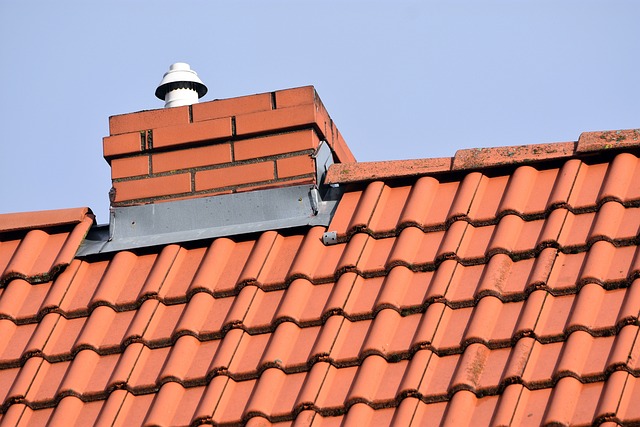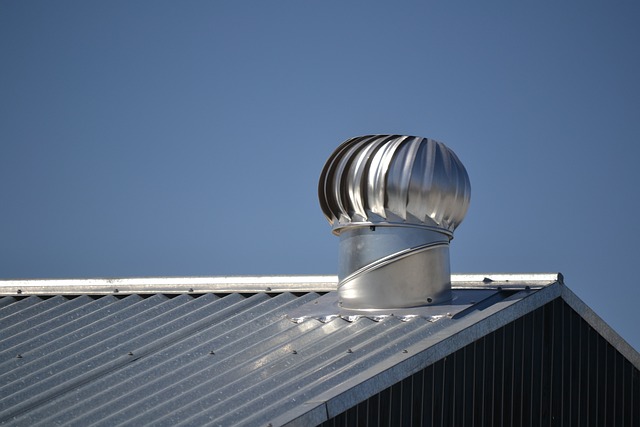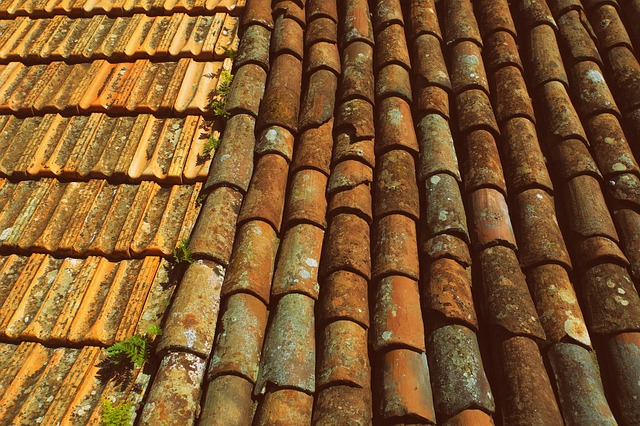Houston's stringent building codes for roof repairs prioritize safety and structural soundness, with the city's department overseeing compliance. Adhering to these regulations, including material choices, installation methods, and ventilation, avoids legal issues and ensures longevity. Homeowners should research local codes, obtain permits, and consult licensed professionals to avoid costly mistakes and compromise their home's integrity.
In Houston, ensuring your roof repair project adheres to local regulations is paramount for safety and property value. This guide navigates you through the intricacies of Houston’s roof repair codes, offering practical steps to ensure compliance. From understanding specific rules to avoiding common pitfalls, this comprehensive resource equips homeowners with the knowledge to successfully oversee repairs, enhancing both structural integrity and aesthetic appeal in Houston’s vibrant housing market.
- Understanding Houston's Roof Repair Regulations
- Steps to Ensure Compliance During Repairs
- Common Pitfalls and How to Avoid Them
Understanding Houston's Roof Repair Regulations

Houston, a vibrant metropolis, has specific regulations in place for roof repairs to ensure safety and structural integrity. When undertaking any Houston roof repair, it’s crucial to understand these local codes to avoid legal issues and potential hazards. The city’s building department oversees compliance, providing guidelines that cover everything from material choices to installation methods.
Roofers working in Houston must adhere to these regulations, which often include specific requirements for flashings, ventilation, and the use of approved materials. For instance, certain types of roofing materials may be mandated depending on the climate and local conditions. By following these Houston roof repair regulations, professionals can ensure not only compliance but also the longevity and reliability of their work.
Steps to Ensure Compliance During Repairs

When undertaking Houston roof repairs, adhering to local building codes is paramount to avoid legal issues and ensure a safe structure. The first step is to research and understand the specific regulations governing roof repairs in your area. This includes obtaining any necessary permits before beginning work. Consult with local authorities or a licensed contractor to clarify requirements.
Next, select materials that meet the code standards for durability and safety. Ensure the repair methods used are approved by relevant building associations. Properly document every step of the process, keeping detailed records of materials used, labor costs, and any inspections conducted. This meticulous approach not only facilitates compliance but also provides a clear audit trail in case of future inquiries.
Common Pitfalls and How to Avoid Them

Many homeowners in Houston overlook the importance of adhering to local building codes during roof repairs, leading to costly mistakes and potential safety hazards. One of the most common pitfalls is attempting DIY repairs without proper knowledge or licensing, which can result in structural integrity issues and insurance claims rejection. Additionally, ignoring permit requirements ensures that your repair work remains undocumented, making it difficult to prove compliance later if needed.
To avoid these traps, always consult with licensed Houston roof repair professionals who understand the region’s specific building codes. Obtaining the necessary permits before starting any repair work is crucial. This process ensures your project aligns with safety standards and local regulations, protecting both your investment and your home’s structural integrity.
When undertaking Houston roof repair, adhering to local building codes is paramount. By understanding the regulations, following the outlined steps, and avoiding common pitfalls, property owners can ensure their repairs are not only safe but also compliant. This proactive approach not only protects against potential fines but also safeguards the structural integrity of your home for years to come, making it a crucial step in the Houston roof repair process.
